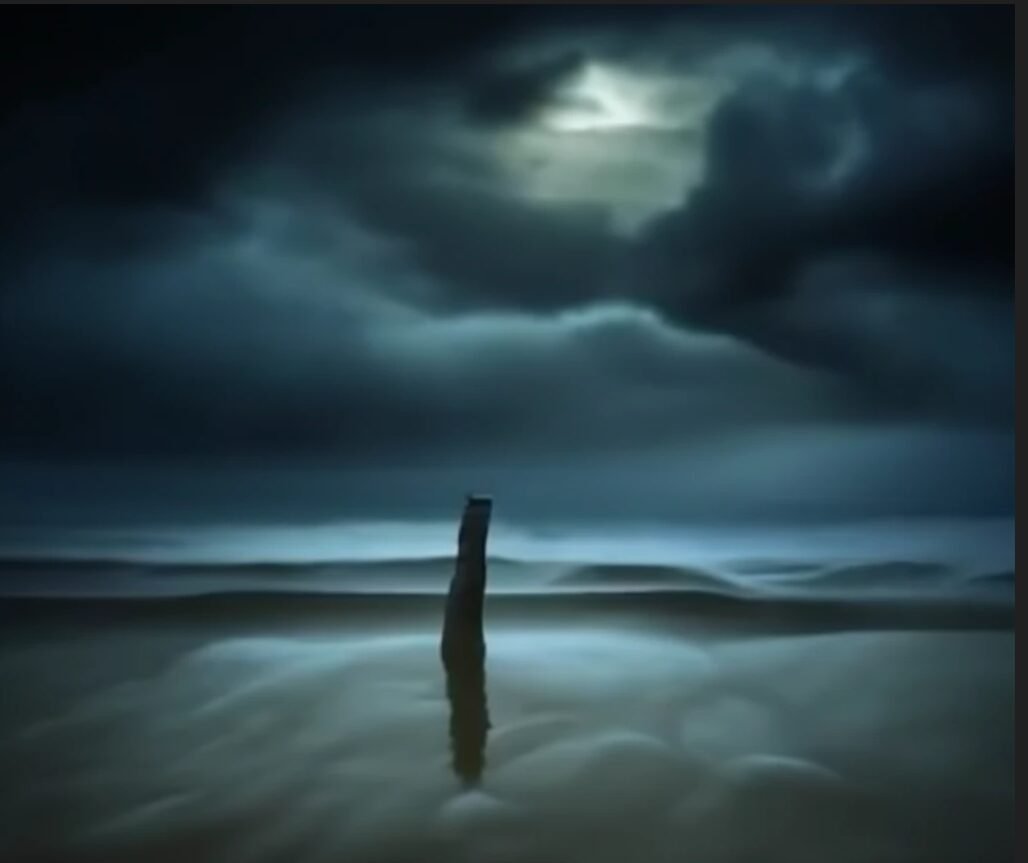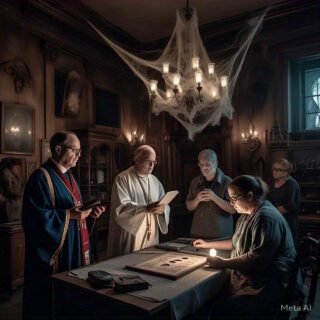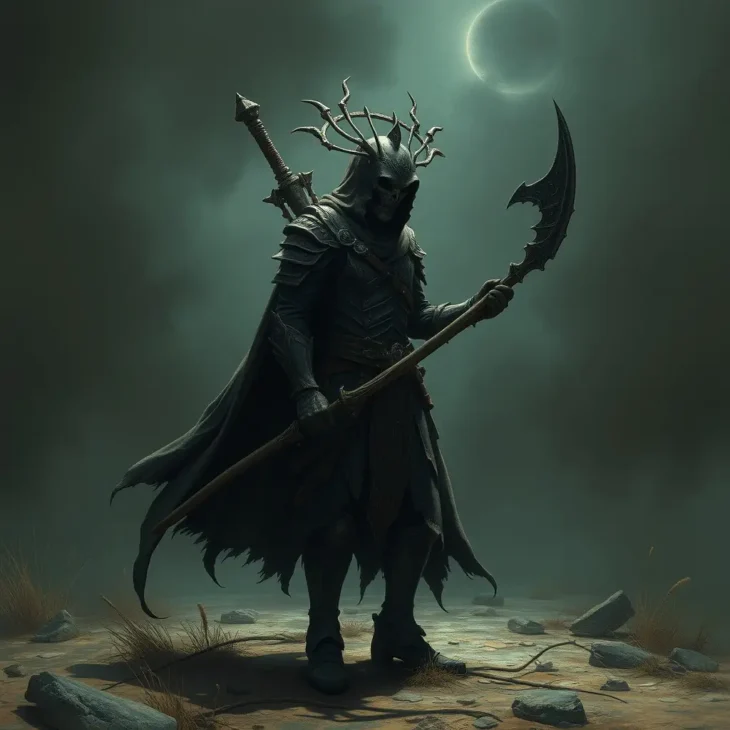The Whispering Sands of Al-Hayit

They say the dunes near Al-Hayit remember every sin. I know this now. I wish I didn’t.
It started as a joke. My friends and I—reckless, bored, chasing the adrenaline of forbidden places—drove into the Rub’ al-Khali to camp in the ruins of Al-Hayit. The desert swallowed our laughter first. By midnight, the whispers began.
Not human whispers. Dry, grating, like sand dragged over stone. “Tukaffir…” They slithered into our tents, curling around the edges of our flashlights. Ahmed joked it was just the wind. But when Faisal’s lantern died, we saw the shadows. Not cast by anything. Just… there. Shapes that skittered like spiders on the dunes.
Then the well appeared.
It wasn’t on the maps. A jagged mouth of blackened stone, half-buried. Nadia dared me to look inside. I wish I hadn’t. The stench hit me first—rotten dates and iron. And then, far below, a glint. Gold? I leaned closer.
The sand moved.
Something grabbed my wrist. Cold, granular, squeezing until my bones ground like mortar. I screamed, but the others swore they saw nothing. By dawn, Faisal was gone. His tent sat empty, his sleeping bag filled with red sand.
Grandmother knew. I found her waiting at my apartment in Riyadh, her face carved deeper than the wadis of her youth. “You woke the Hinn,” she spat, clutching her evil eye pendant. “It feeds on debt.”
Debt. The word clung like a burr. That night, the scratching started. At my 12th-floor window. Scritch-scritch-scritch. I told myself it was palm fronds. But when I ripped open the curtains, there was nothing. Just a handful of sand on the sill—blood-red, too coarse for Riyadh.
The whispers followed. “You owe.” In Arabic, but warped, ancient. Nadia stopped answering my calls. Two weeks later, they found her in the dunes. Her mouth sewn shut with camelhair. Her eyes… Oh God, her eyes.
Grandmother’s remedies failed. Salt at the door. Frankincense burned at dawn. The sand kept coming. In my coffee. My shoes. My hair. I woke choking, my throat packed with grit.
Last night, I went back. The desert knew. The storm parted like a curtain, revealing Al-Hayit’s well beneath a blood-red moon. The whispers roared. “A life for a life.”
I looked inside.
Their faces stared back. Ahmed. Faisal. Nadia. Etched into the sand at the bottom, screaming silently. The ground dissolved beneath me. I fell, but there was no impact—just the sand, rushing into my nose, my mouth, my lungs. I couldn’t scream. Couldn’t breathe.
Grandmother saved me. Or… whatever she was. I woke in a hospital bed, nurses murmuring about “delusions.” They said Umm Hassan didn’t exist. That her apartment had been empty for decades. But I hold the proof: a silver hamsa in my palm, its engraving worn smooth. Fatima Hassan, 1897.
I moved to Jeddah. The sea air doesn’t help. At night, when the shamal wind howls, I hear it—the crunch of sand on my balcony. The voice, sweeter now, sings:
“You are not forgiven. You are… borrowed.”
I write this as warning. Don’t seek Al-Hayit. The desert never forgets. And the Hinn? It always collects.






registro na binance
March 18, 2025Thanks for sharing. I read many of your blog posts, cool, your blog is very good.
Shadow Whisperer
March 18, 2025I appreciate your comment and I will do my best to engage my audience.
Please do subscribe for the blog!
Shadow Whisperer